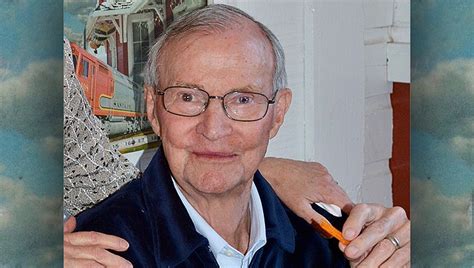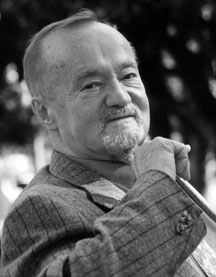A Quote by Jason Silva
Creativity and insight almost always involve an experience of acute pattern recognition: the eureka moment in which we perceive the interconnection between disparate concepts or ideas to reveal something new.
Related Quotes
The art and science of memory is about developing the capacity to quickly create images that link disparate ideas. Creativity is the ability to form similar connections between disparate images and to create something new and hurl it into the future so it becomes a poem, or a building, or a dance, or a novel. Creativity is, in a sense, future memory.
When one analyzes the pre-conscious step to concepts, one always finds ideas which consist of 'symbolic images.' The first step to thinking is a painted vision of these inner pictures whose origin cannot be reduced only and firstly to the sensual perception but which are produced by an 'instinct to imagining' and which are re-produced by different individuals independently, i.e. collectively... But the archaic image is also the necessary predisposition and the source of a scientific attitude. To a total recognition belong also those images out of which have grown the rational concepts.
Something is missing: that's as close as I can come to naming the sensation, an awareness of missed or thwarted connections, or of a great hollowness left where something lovely and solid used to be. ...There is something fundamentally insatiable about being human, as though we come into the world with a kind of built-in tension between the experience of being hungry, which is a condition of striving and yearning, and the experience of being fed, which may offer temporary satisfaction but always gives way to new strivings, new yearnings.
A conditioned mind may be inventive; it may think up new ideas, new phrases, new gadgets; it may build a dam, plan a new society, and all the rest of it; but that is not creativity. Creativity is something much more than the mere capacity to acquire a technique. It is because this extraordinary thing called creativity is not in most of us that we are so shallow, empty, insufficient. And only the mind that is free can be creative.
It is a myth that alcoholics have some spontaneous insight and then seek treatment. Victims of this disease do not submit to treatment out of spontaneous insight - typically, in our experience they come to their recognition scenes through a buildup of crises that crash through their almost impenetrable defense systems. They are forced to seek help; and when they don't, they perish miserably.






































